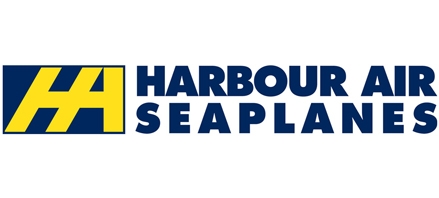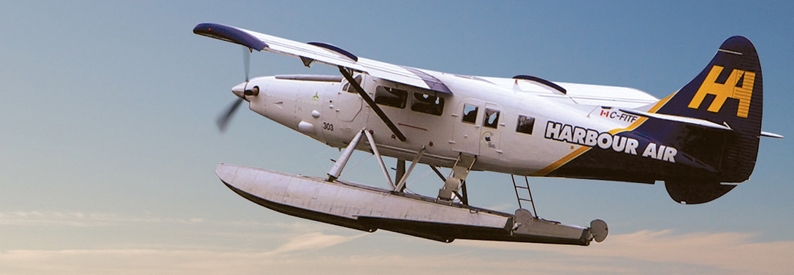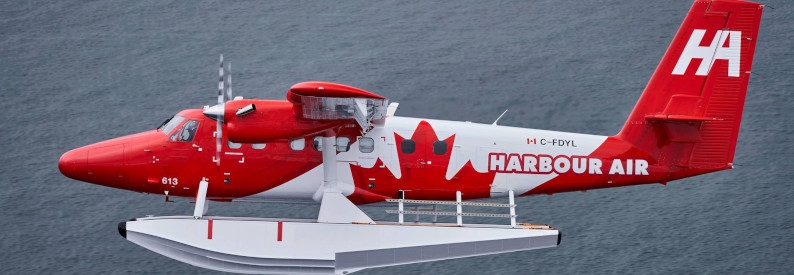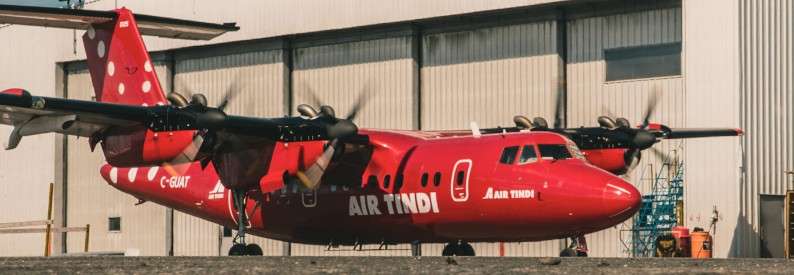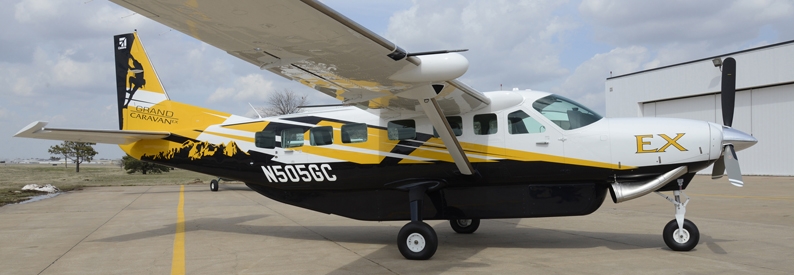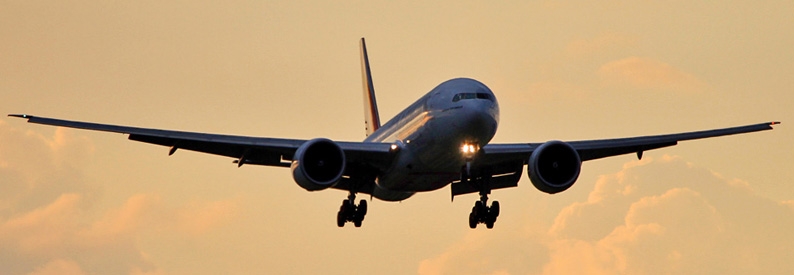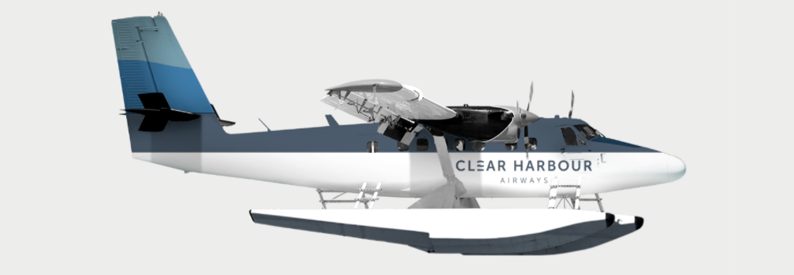Harbour Air Seaplanes (YB, Vancouver Coal Harbour) has been forced to delay the debut of passenger flights with its electric-powered DHC-2 "eBeaver" after it became apparent that certification would not be possible until mid-2025.
In an update posted on its website, the seaplane operator explained difficulties existed with "certifying the installation of components into an aircraft where no certification path exists".
"Fundamentally, the technology has been outpacing the regulators. As such, assumptions were made to continue developing, which can result in a risk of misinterpretations from regulators. One such situation occurred when an assumption was made throughout the industry that an electric engine is equivalent to a reciprocating engine when it comes to system safety analysis and single fault tolerance to a loss of power control (LOPC). However, we have since learned that the regulators will require a system safety analysis for a single electric engine installation to meet the reliability requirements and that it must be single fault tolerant to an LOPC event. Additionally, the regulators will also be issuing a definition of what LOPC means for an electric engine later this month, as it will be different than that of an internal combustion engine," the carrier explained. Ongoing supply chain issues with electronic components were also resulting in significant delays.
Harbour Air said it was now reviewing its prototype - which first flew in December 2019 - to meet these certification requirements. The entire engine and energy storage system installation was being evaluated to meet the higher reliability requirements. A new certification prototype, "ePlane 2.0," would be built early next year. It would be powered by the magni650 rather than the magni350 electric propulsion unit, allowing the aircraft to meet LOPC requirements.
The "ePlane 2.0" would likely fly later next year, but certification of the battery components would only happen in 2025. Certification of the magni650 was expected in mid-2025, which meant certification for the installation on the "eBeaver" would happen after that date.
In the meantime, the prototype - C-FJOS (msn 1030) - would continue its flight test programme to "provide valuable data for the team on the effects on flight handling qualities and operational considerations". Harbour Air said the aircraft had completed more than 70 test flights.
